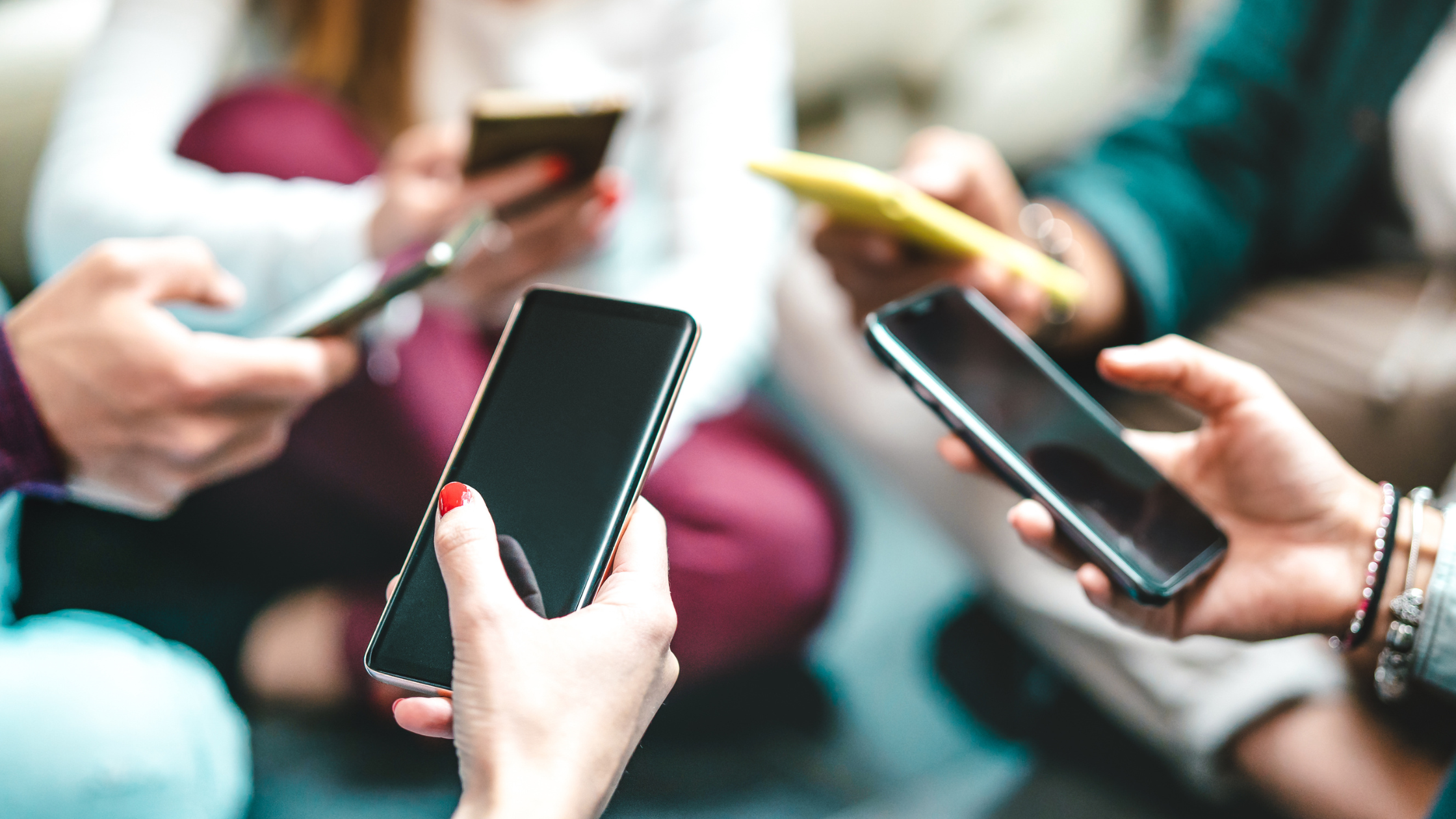

A Total Smartphone Ban in UK Schools — Protection or Overreaction?
Some see them as the ultimate evil of the 21st century. Others — as something you just can’t live without. Smartphones have become a battleground, especially when it comes to kids and teens. And in the UK, things have just gotten serious: starting in 2024, all schools were instructed to ban smartphones on school grounds.
A survey at the beginning of 2025 showed that nearly every primary school (99.8%) and most secondary schools (90%) followed the rule. But researchers are far from unanimous — and their views often clash with official policy.
So… is banning phones really the best way to protect kids? Let’s break it down.
What’s in this article?
- What science says: the views of Dr. Amy Orben
- The downside of bans: distrust and isolation
- A better way? Teaching, not banning
- Why is this conversation happening now?
- Final thoughts: control vs. trust
What the science says: Dr. Amy Orben’s take
Amy Orben is a neuropsychologist at Cambridge who’s been studying the impact of digital tech on young minds for years. And spoiler alert — she doesn’t support the government’s zero-phone policy.
Her take? “Banning might make a bold political statement, but it isn’t backed by solid science.”
In a recent Guardian piece (April 3, 2025), Dr. Orben called the move “unrealistic and potentially harmful.”
She draws a clear line between banning phones and past public health measures, like fighting smoking:
“Bans and restrictions have been successfully used for public health issues such as smoking. But smoking is not comparable with smartphone and social media use because the harms from smoking are extensive, clear-cut and by far outweigh the benefits.”
Orben’s main point: we still don’t have strong enough evidence that phones are as harmful as some say. Instead of banning, she suggests smarter solutions — like teaching digital literacy and improving platform safety.
The downside of bans: distrust and isolation
Let’s take a typical teenager. Outside school, they’re constantly connected — messaging friends, sharing memes, making TikToks, listening to music. It’s not just fun. It’s how they socialize.
Now imagine the school says: “Phones are banned. Full stop.”
How would that feel? For many teens, it’s not just annoying — it’s disorienting. You take away their go-to tool without teaching them how to use it responsibly. It’s like telling kids in the 1980s they’re not allowed to talk to each other at recess.
And let’s be real — parents use phones to keep track of their kids, make plans, check on their safety. Teachers use them too — for interactive lessons, language learning, even group work. Sure, doomscrolling on TikTok isn’t great… but pretending tech has no place in education? That’s starting to sound a bit outdated
A better way? Teaching, not banning
So what’s the alternative? More and more people are coming to the same conclusion: instead of kicking smartphones out of schools — let’s teach kids how to use them.
Enter digital literacy. And no, it’s not just “how to spot fake news.” It’s about mindful tech use — how to tell helpful content from harmful, how algorithms influence your feed, how to manage your screen time without spiraling into a doomscroll hole.
Some schools in Europe and Asia are already experimenting. Teens are learning to make digital agreements with themselves — like: “I won’t use social media during class, but I can scroll for an hour in the evening.” Or “I turn off notifications at night.” These aren’t top-down rules — they’re skills in self-regulation. And they’ll come in handy well into adulthood.
Why is this conversation happening now?
Because teen anxiety is rising. Especially post-pandemic. Studies show sky-high levels of depression, social isolation, and FOMO — the fear of missing out.
Yes, smartphones and social media play a role — with endless comparisons, filters, and likes. But they’re not the whole story. It’s a complex mix of academic stress, social pressure, and the shrinking space for real, human connection.
Banning phones might erase a symptom. But it doesn’t touch the cause. If we want to actually help teens, we need to address their inner world, habits, and emotional health — not just the device in their backpack.
Final thoughts: control vs. trust
A ban might seem like the easiest fix. But easy doesn’t always mean right. Maybe instead of shutting teens out of the digital world, we should walk into it with them — to help them navigate, choose wisely, and survive the storm of information.
To quote Dr. Orben again, smartphones aren’t Pandora’s box. It’s all about how, why, and how much we use them. Take a teen’s phone without explaining why or offering an alternative, and you won’t get a happier, healthier, more social kid. You’ll likely get a more isolated one.
What do you think — do kids really need strict rules? Or is it more about teaching them self-control?
All About Education Abroad and Beyond


Where Students Applied in 2025 — and What This Means for 2026 Applicants


